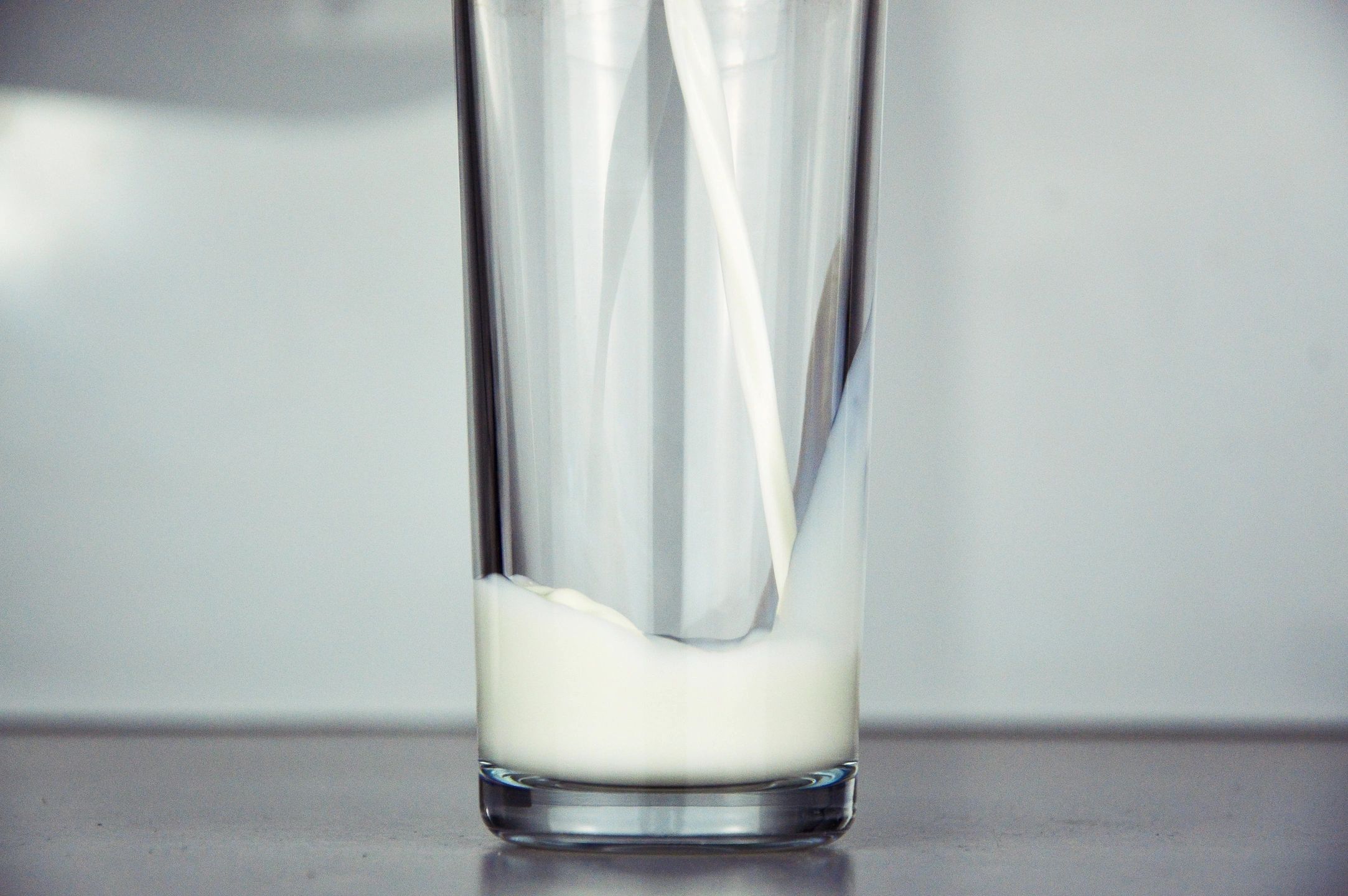Arthritis is a condition that can cause swelling, pain, stiffness and decreased range of motion in your joints. Arthritis symptoms can range from mild to severe and may get worse over time.
The two most diagnosed types of arthritis are osteoarthritis and rheumatoid arthritis.
Osteoarthritis typically occurs with age, but can also result from injury or weight gain. This condition leads to the breakdown of tissues within the joints, causing stiffness and pain that is often felt in the hands, spine, hips, and knees.
In contrast, rheumatoid arthritis is an autoimmune disease that triggers joint inflammation. This condition typically affects multiple joints and can also affect other parts of the body such as the heart, lungs, and eyes. Some people with rheumatoid arthritis develop lumps around their joints, commonly on the knuckles, elbows, and heels.
Regrettably, arthritis pain can be long-lasting and chronic. Some individuals may experience pain for only a few months, while others may suffer from it for the rest of their lives.
While some arthritis causes cannot be avoided, such as the natural aging process or a family history of the condition, adopting preventive measures can delay the onset of symptoms and reduce the chances of developing arthritis.
Healthy dieting!
Adopting a healthy diet can be effective in reducing the risk of several health problems. Including foods that are rich in omega-3 fatty acids can help to lower the risk of arthritis by reducing inflammation within the body.
Studies have revealed that omega-3 consumption specifically decreases joint pain caused by rheumatoid arthritis.
Daily Exercise!
Physical exercise is crucial for maintaining good health as we age. Regular physical activity can strengthen the muscles surrounding affected joints, reduce bone loss, and potentially alleviate joint swelling and pain. Consistent exercise can also replenish the joint cartilage with lubrication and reduce stiffness and pain.
Low-impact exercises like swimming and walking can be particularly beneficial for strengthening specific areas of the body such as the hips and knees to help prevent arthritis.
Simply dedicating 30 minutes to exercise five times a week can improve flexibility, loosen muscles, and promote relaxation. The Centers for Disease Control and Prevention recommends that any form of exercise is beneficial for those seeking to enhance their quality of life and manage arthritis symptoms.
Maintain a healthy weight!
being just 10 pounds overweight can add 30 to 40 pounds of force to the knees with every step.
almost 23% of overweight individuals and 31% of obese individuals in the United States have been diagnosed with arthritis. Losing 10% to 20% of initial body weight has been found to significantly enhance pain management, quality of life, and function compared to losing only 5% of body weight.
Although it may not be possible to prevent it completely, using the methods can lessen the pain when venturing through life.



